
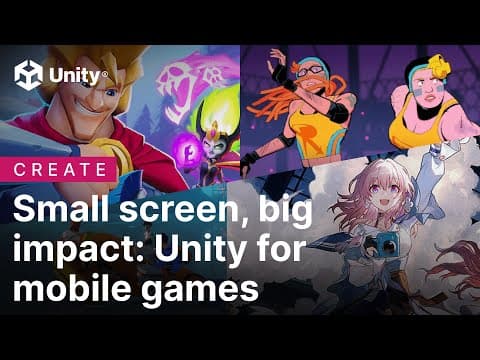
MOBILE GAMES
Unity para desenvolvimento de jogos para dispositivos móveis
Explore como criar um jogo para celular, otimizar o desempenho, fornecer atualizações consistentes e usar soluções comprovadas para monetização de jogos para celular, aquisição de usuários e publicação.
70%+
Dos 1.000 melhores jogos para celular, foram feitos com o Unity
20+
Os clientes do Unity podem implantar seus projetos em mais de 20 plataformas
82
Dos 100 melhores jogos, usam o Unity para expandir seus jogos
Esta página da Web foi automaticamente traduzida para sua conveniência. Não podemos garantir a precisão ou a confiabilidade do conteúdo traduzido. Se tiver dúvidas sobre a precisão do conteúdo traduzido, consulte a versão oficial em inglês da página da Web.
Como criar um jogo para celular
Explore o desenvolvimento de jogos para celular para iOS e Android com recursos sobre criação de jogos, estratégias de monetização e melhores práticas de aquisição de usuários.

Crie um jogo para celular
Aprenda a criar e publicar um jogo de tanque de batalha isométrico em 3D totalmente polido.
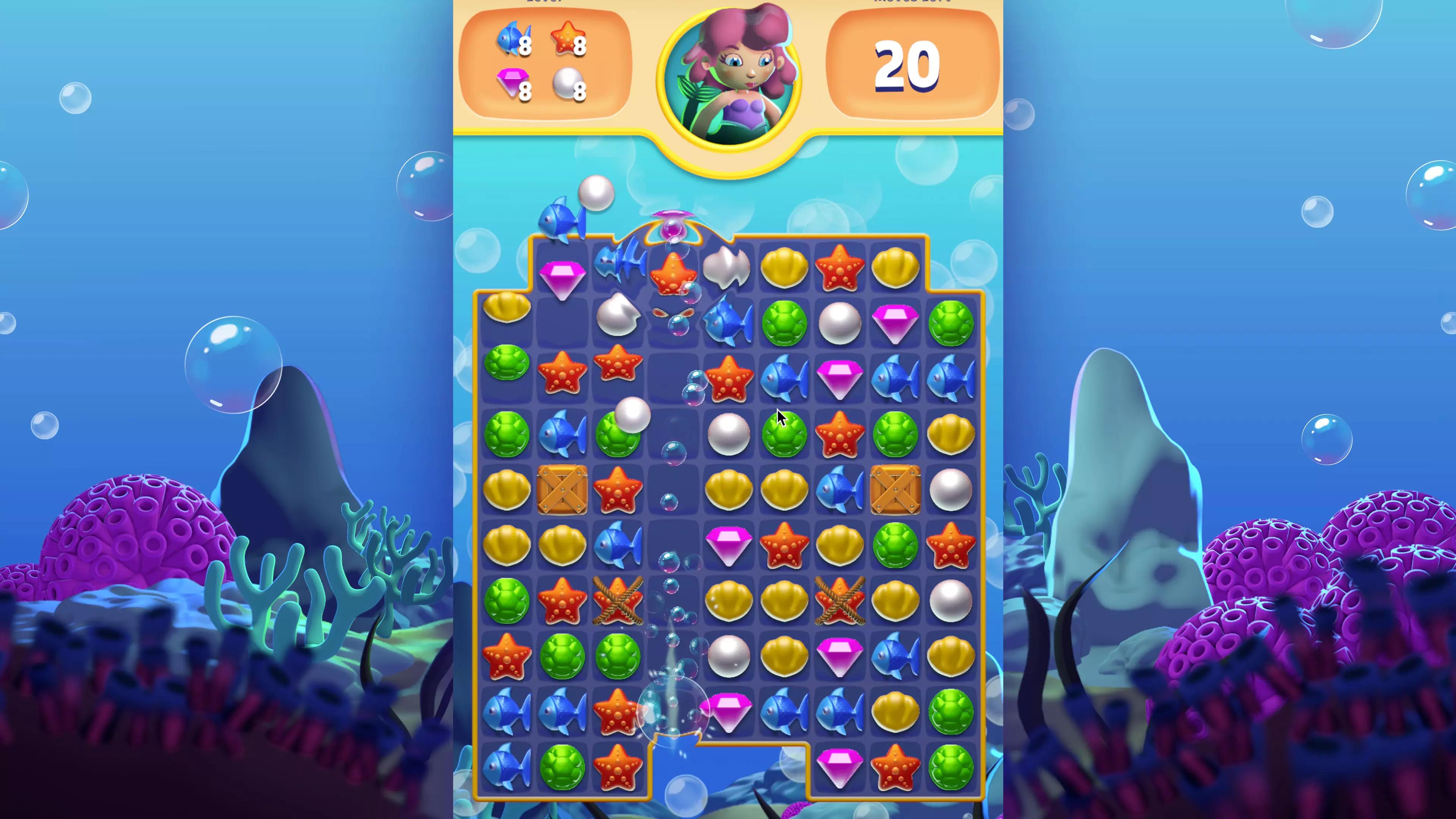
Configure o LiveOps
Publique jogos móveis com os Serviços ao Vivo da Unity integrados.

Crescimento de um jogo móvel
Aprenda o básico sobre monetização e aquisição de usuários.
Soluções para todo o ciclo de vida do jogo para dispositivos móveis
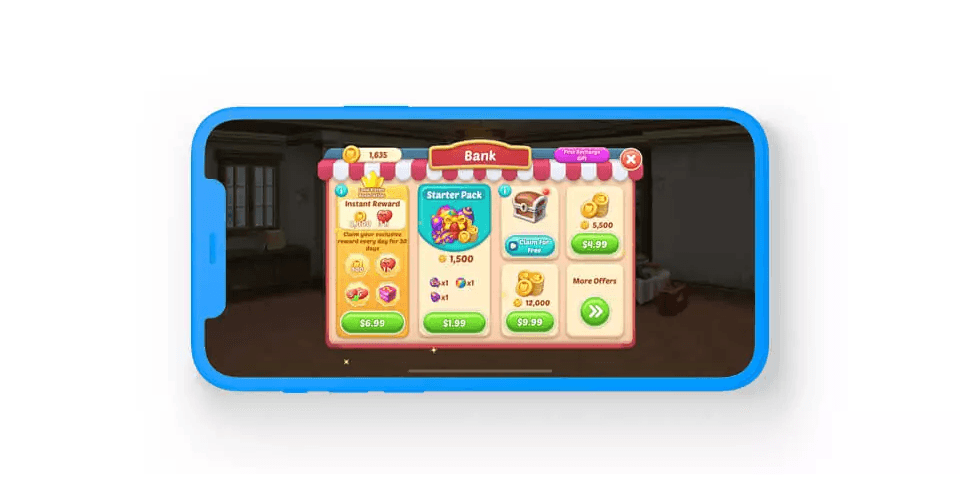
Operações ao vivo
Crie recursos do LiveOps e aprenda como os jogadores se envolvem.
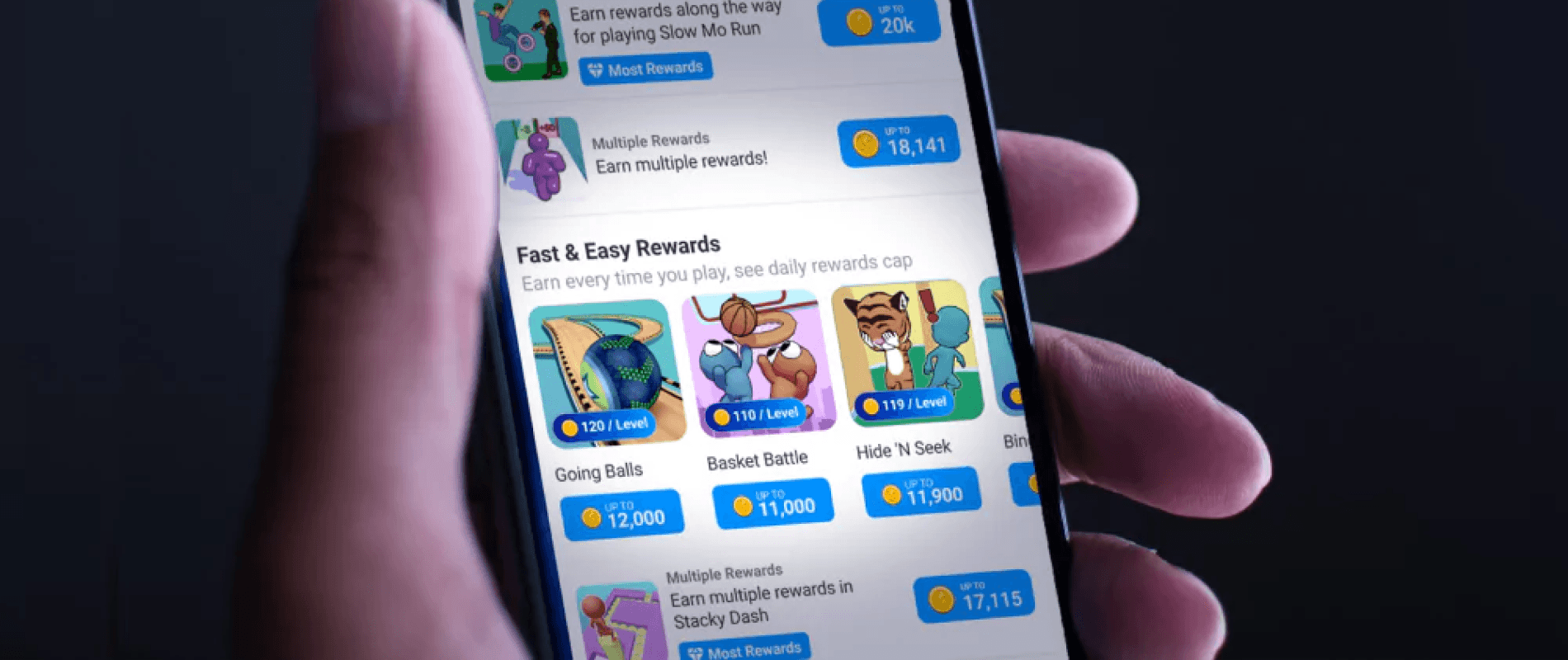
Monetização de jogos para dispositivos móveis
Implemente a monetização móvel com as ferramentas de anúncios da Unity.
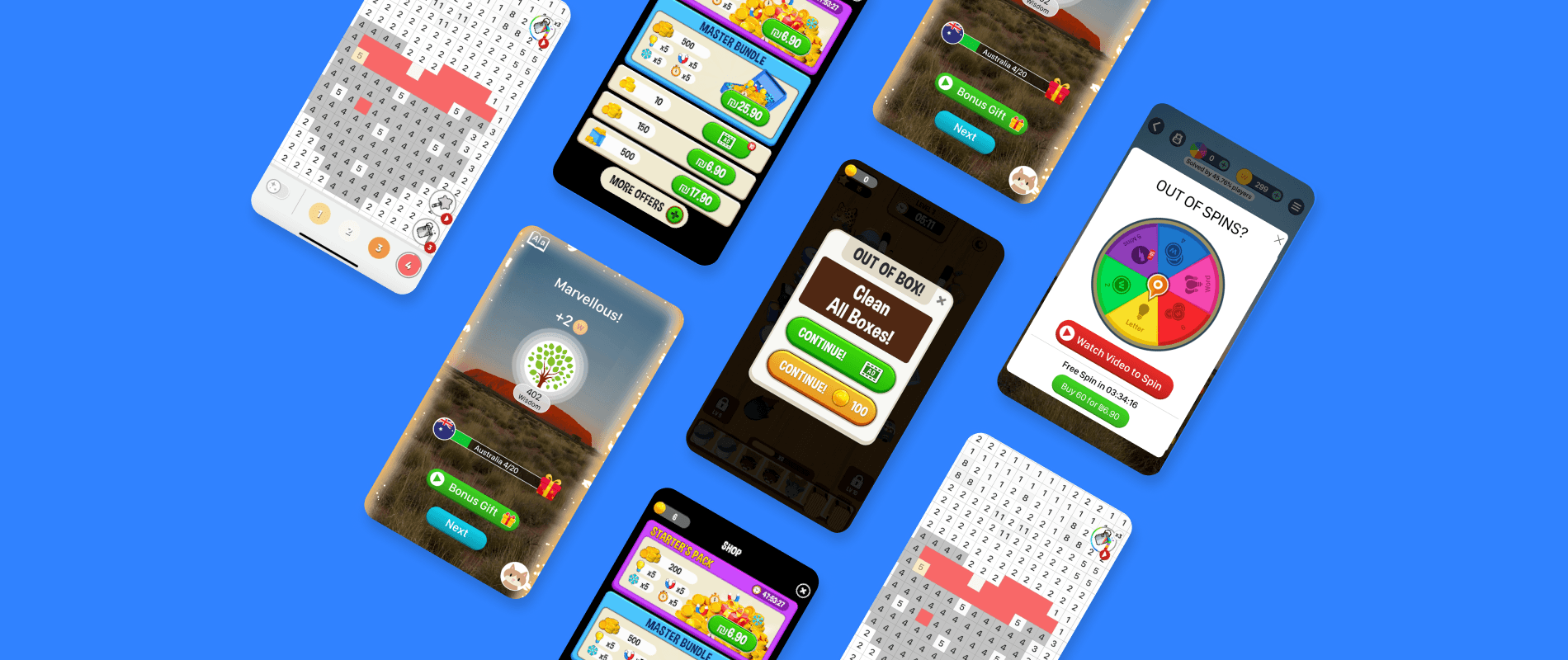
Aquisição de usuários de jogos para dispositivos móveis
Alcance usuários de alta qualidade com as ferramentas de aquisição da Unity.

Publicação
Publique com uma equipe orientada por dados e focada no desenvolvedor.
Jogos para dispositivos móveis feitos com Unity

Marvel Snap
Second Dinner

Subway Surfers
SYBO

Fantasian
Mistwalker

Monument Valley 3
ustwo games

Disney Magic Match 3D
Jam City
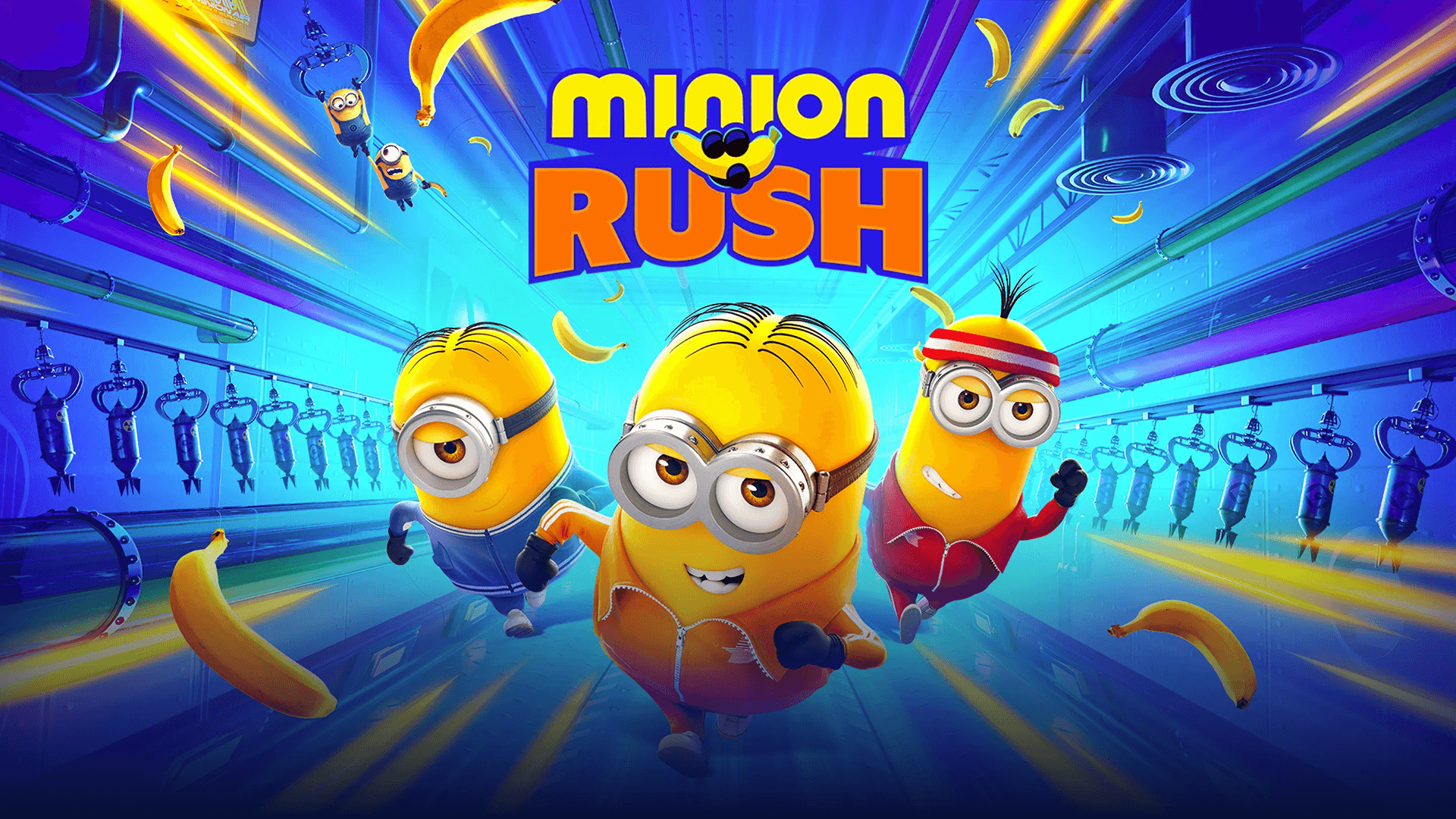
Minion Rush
Gameloft

Sonic Dream Team
Hardlight, SEGA
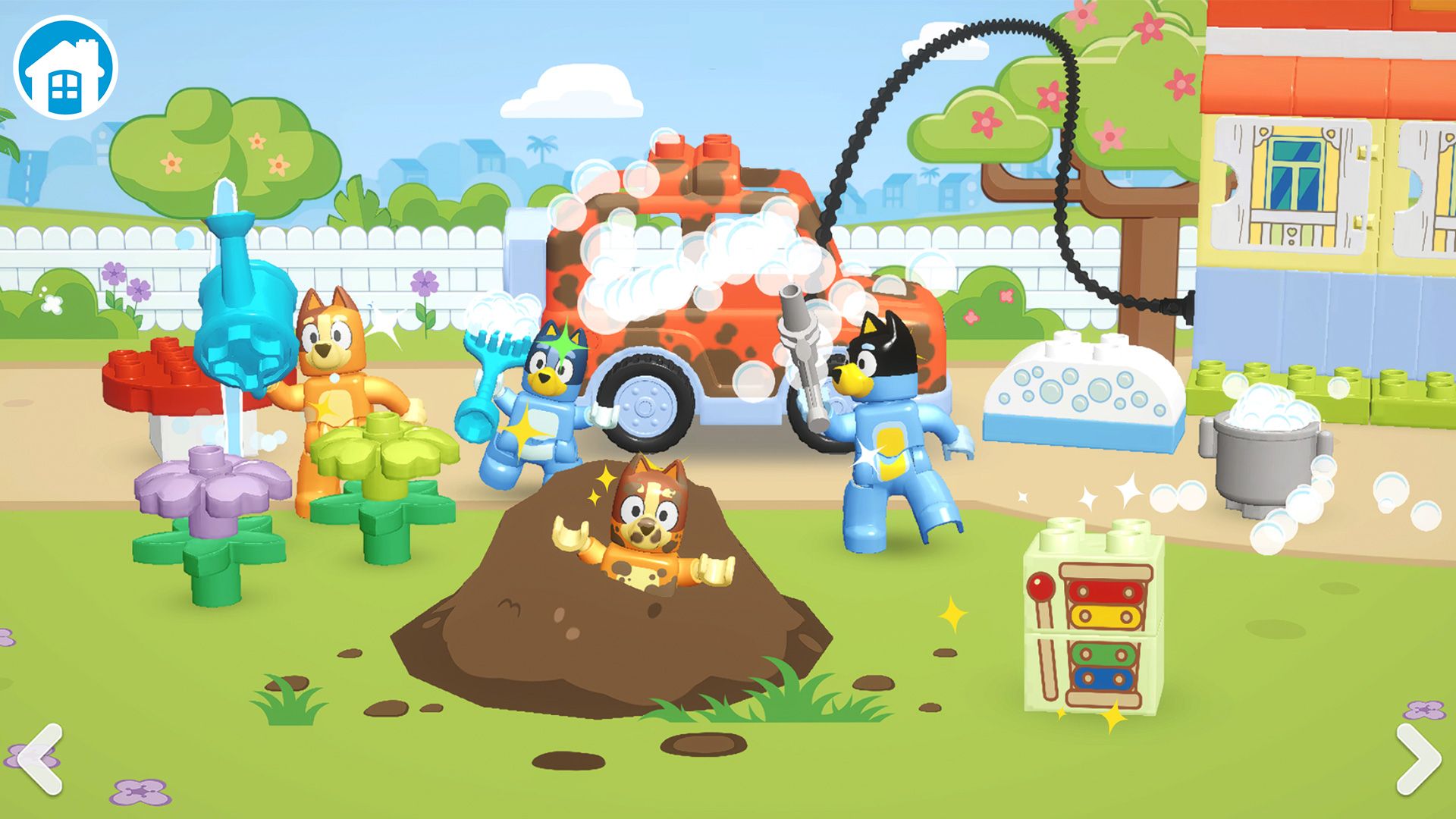
LEGO® Bluey
StoryToys
Crie para todas as principais plataformas
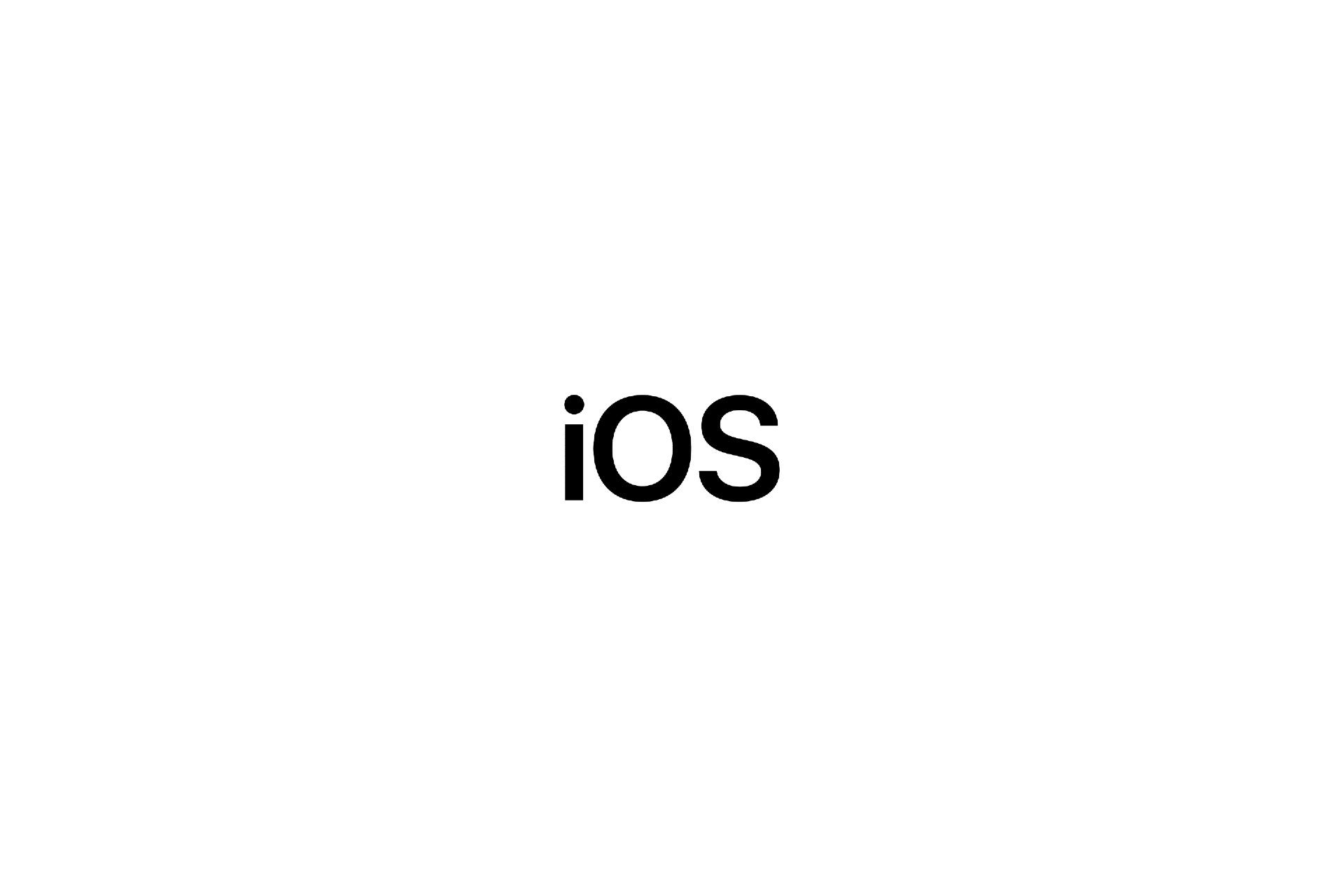
Desenvolvimento de jogos para iOS
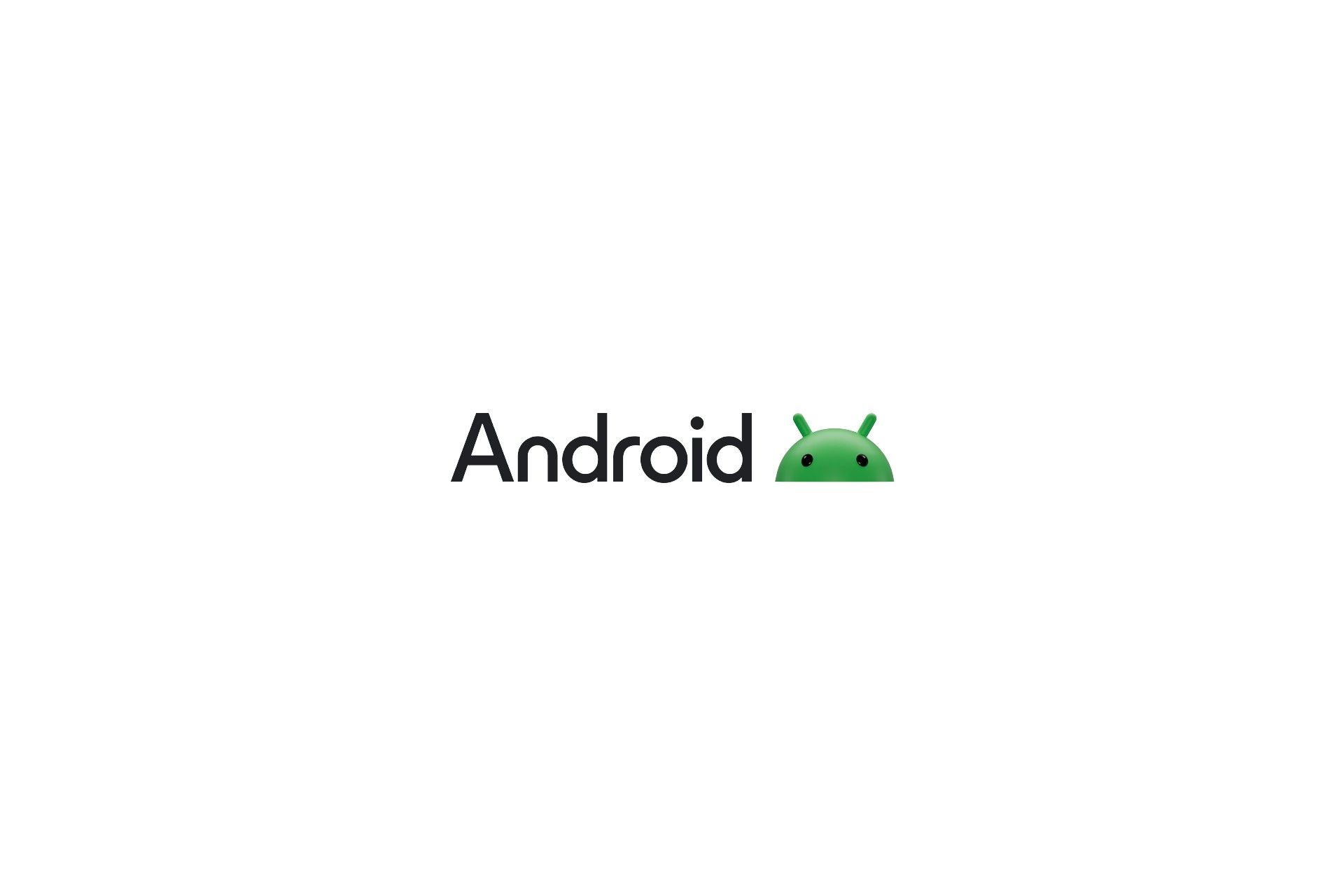
Desenvolvimento de jogos para Android

Unity Pro
Desperte o potencial da sua equipe com ferramentas profissionais para criar em vários dispositivos e plataformas de jogos.
Perguntas frequentes
Como posso usar o Pipeline de Renderização Universal (URP)?
+Quais são as práticas recomendadas para a criação de jogos para dispositivos móveis?
+Como posso aprender a criar um jogo para dispositivos móveis?
+Como posso comercializar com sucesso um jogo para dispositivos móveis?
+Como posso estabelecer um negócio de serviços ao vivo para dispositivos móveis?
+Como faço para maximizar a receita do meu jogo?
+Quais são as práticas recomendadas para maximizar o valor de longo prazo para os jogadores?
+Isenções de responsabilidade:
- Desde o quarto trimestre de 2022. Fonte: Apptopia. Aviso legal: Os principais jogos para dispositivos móveis é um número combinado definido pelos 1.000 principais jogos da Google Play e da App Store.
- Desde setembro de 2023. Fonte: Derivado de recursos internos da Unity.
- Desde 25/10/2023. Fonte: Data.ai. Aviso legal: Os 100 melhores jogos com base na média de 7 dias de downloads em todo o mundo, tanto na Apple App quanto na Google Play Stores, até 19 de setembro de 2023, de acordo com a data.ai.